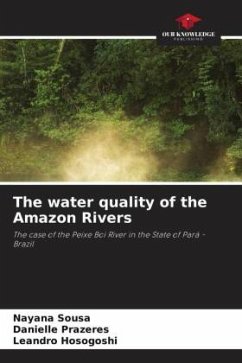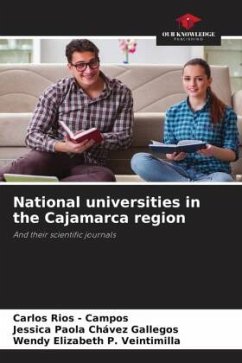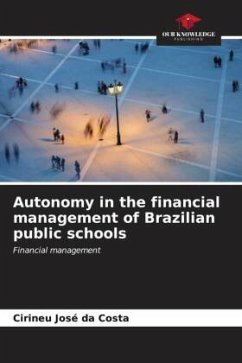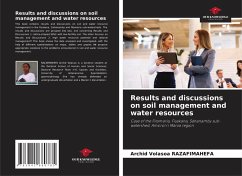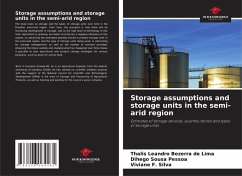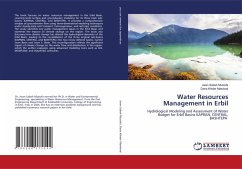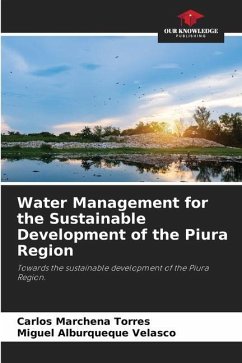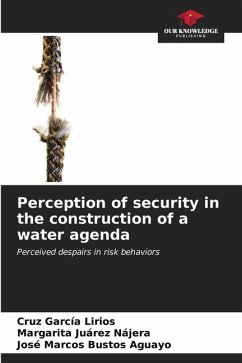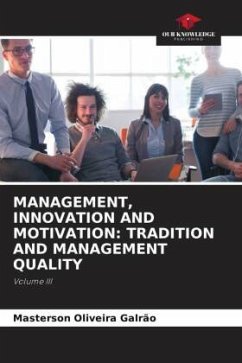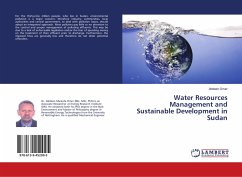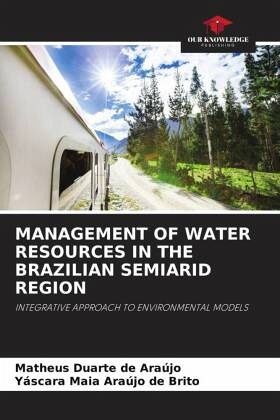
MANAGEMENT OF WATER RESOURCES IN THE BRAZILIAN SEMIARID REGION
INTEGRATIVE APPROACH TO ENVIRONMENTAL MODELS
Versandkostenfrei!
Versandfertig in 6-10 Tagen
29,99 €
inkl. MwSt.

PAYBACK Punkte
15 °P sammeln!
This study proposes an integrative approach of environmental models, from the combination of the FPEIR (Motor Force-Pressure-State-Impact-Response) model and the water allocation modeling, to evaluate the strategies of water demand management in the Hydrographic Basin of the Apodi-Mossoró River (Rio Grande do Norte). Population growth combined with economic development, inadequate management and climate change are the driving forces for water scarcity and conflicts in the water system under analysis. The State's Integrated Water Resources Management System is responsible for managing the basi...
This study proposes an integrative approach of environmental models, from the combination of the FPEIR (Motor Force-Pressure-State-Impact-Response) model and the water allocation modeling, to evaluate the strategies of water demand management in the Hydrographic Basin of the Apodi-Mossoró River (Rio Grande do Norte). Population growth combined with economic development, inadequate management and climate change are the driving forces for water scarcity and conflicts in the water system under analysis. The State's Integrated Water Resources Management System is responsible for managing the basin in focus. The instruments of the National Water Law are partially implemented in the basin. The State Water and Sewerage Company plans to expand the water system. In this research, the Apodi-Mossoró system was analyzed against four allocation strategies and variations in the conditions required for its reservoirs. The analysis carried out shows failures in meeting the demands, which can be mitigated in the strategies that incorporate demand management and the contribution of the transposition of the São Francisco River.



